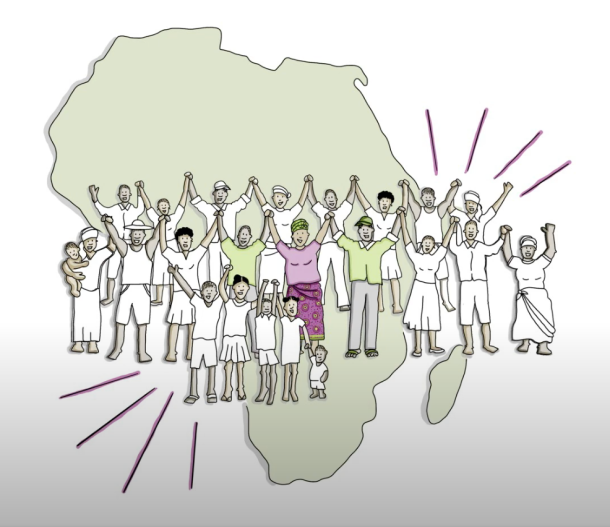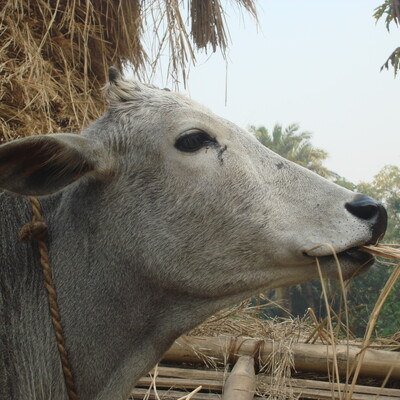
Making gender equality in food systems the ‘new normal’. For a more equal, and better, world. For all.
Meet Amina.

She’s a farmer.
She sows and harvests. She feeds and tends her family’s animals, collects fuelwood, carries water. She sells crops she grows. She shops and cooks. She funds her children’s education, cleans house, takes care of the sick and elderly.
Despite all of this, Amina has less access to assets, opportunities and benefits than her husband, her brother, her father or her son. Much less.
This inequality hurts more than women and girls; it holds back whole communities and societies. If the world’s women and men food producers had equal access to resources, yields would increase and everyone would have more and better food. The number of hungry people could be reduced by 150 million.
If women and men had equal access to land, loans and learning, if the norms and policies that favour men today included women’s preferences, realities and ambitions, together men and women could transform lives and livelihoods.

Join the CGIAR GENDER Platform, launched this week.
Help us build and use evidence to make gender equality
central to agriculture and to our entire food system.

Because when wives, sisters, mothers and daughters
move forward on equal footing with their
husbands, brothers, fathers and sons,
our communities and continent
will be well and truly nourished.Finally.
For more information, please contact Nicoline de Haan,
ILRI director of the CGIAR platform for GENDER—
Generating Evidence and New Directions for Equitable Results—
at n.dehaan [at] cgiar.org
















